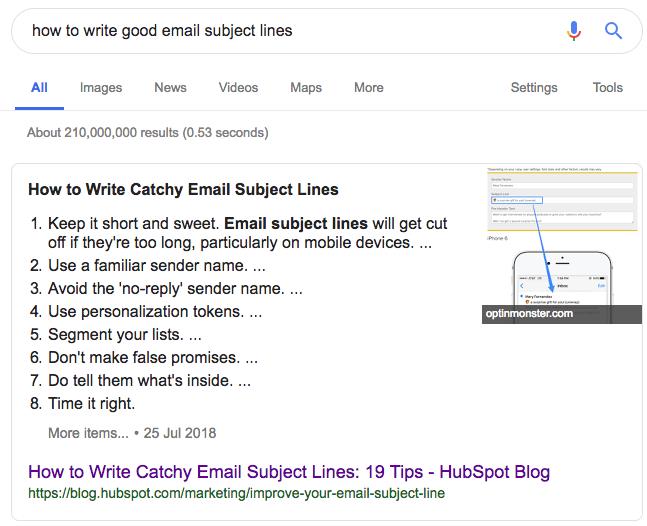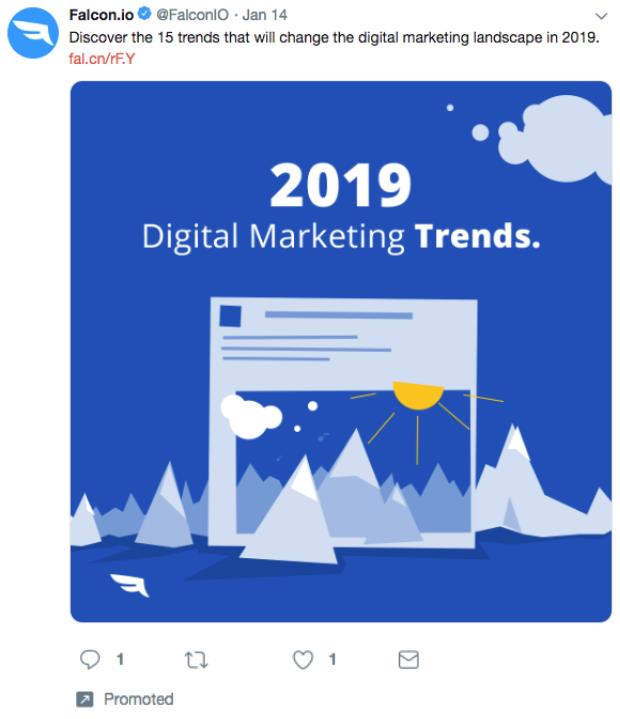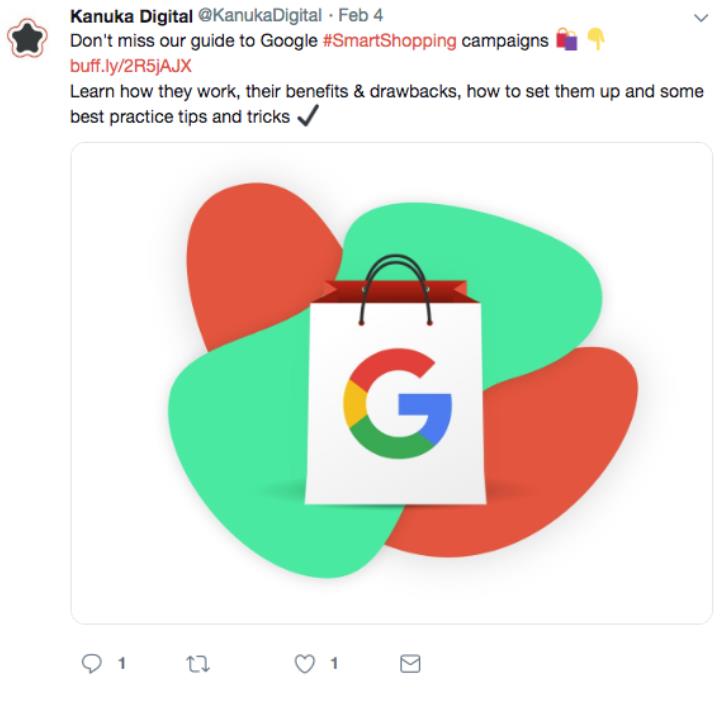Why is Digital Marketing important?
February 27, 2019
In the simplest terms, digital marketing is any form of marketing that exists online. It is the promotion of a brand, products or services when delivered through digital channels such as search engines, websites, social media, email, and mobile apps.
The purpose of digital marketing is to grow and elevate businesses online presence in order to help achieve business goals and objectives. Whether your aims are to increase brand awareness or drive more sales, leveraging multiple digital channels can enable you to meet these goals.
Digital marketing increases online visibility, making it easier for both existing and potential customers to find you. Using a variety of digital channels means your business has a greater online presence, enabling customers to engage with your brand across multiple touchpoints.
Why is digital marketing important for your business?
In this day and age, a strong online presence is key to the growth of any business. More and more people are relying on online resources to help them find what they’re looking for, whether that’s a product, a service or a piece of information.
Even if your business doesn’t sell online, you still need a good online presence to let them know you exist and tell them why they should consider engaging with your services.
Digital marketing helps to do that for businesses by improving their online visibility, increasing customer engagement and connecting you with potential customers in the right place at the right time.
What are the benefits of digital marketing?
The main advantage of digital marketing over traditional marketing methods, such as TV and Print, is that a targeted audience can be reached in a much more cost-effective and measurable way. The other benefits of digital marketing include:
- Wider reach – online marketing and use of a website allow you to easily find new markets and trade nationally or globally for a relatively small investment.
- Lower cost – an effectively targeted and well planned digital marketing strategy can enable you to reach the right customers at a much lower cost than traditional marketing methods.
- Results are measurable – web analytics and reporting tools allow you to establish how your campaign has performed and which channels have been most effective, helping to inform future marketing decisions. These don’t need to cost a lot of money either, Google Analytics, for example, is free to use.
- Improved conversion rates – selling through a website means your customers are only ever a few clicks away from completing a purchase, meaning digital marketing can be seamless and immediate.
What types of Digital Marketing can help grow your business?
Search Engine Optimisation
Search Engine Optimisation, or SEO, is the practice of optimising your website to improve the visibility within organic search engine results. SEO works to improve search rankings to increase both the quality and quantity of traffic to a website.
There are lots of different SEO tactics carried out, from on-site webpage copy optimisations to off-site link building, as well as technical SEO which can involve setting up redirects and submitting sitemaps. Common techniques used in SEO include link-building, site auditing, improving site speed and keyword targeting to ensure websites are fully optimised for search engines.
Paid Search
Paid search marketing, also known as PPC (pay-per-click) is a type of online marketing where brands create ads to be displayed in search results, above organic listings. Advertisers pay each time their ad is clicked, hence the name ‘pay-per-click’.
Businesses bid on keywords that are relevant to the products or services they offer, and when users search for these terms, they are served paid search ads alongside the organic search results.
Social Media Marketing
Social media marketing is the use of social media platforms to promote a business and comprises two elements; paid social, and organic social.
Paid social media campaigns enable brands to deliver ads to specific and targeted audiences, who they feel their products or services will be relevant to.
Organic social media marketing involves posting about your business (products, news, business updates etc.) on your social channels for free, to increase organic engagement and page followings.
Email Marketing
Email marketing is an effective digital marketing strategy in which emails are sent to customers or prospecting customers to deliver marketing messages in order to meet a specified objective.
It is used to grow relationships with potential customers, keep current customers informed and updated on your brand and any new products, offers or sales they may be interested in and to encourage customer loyalty.
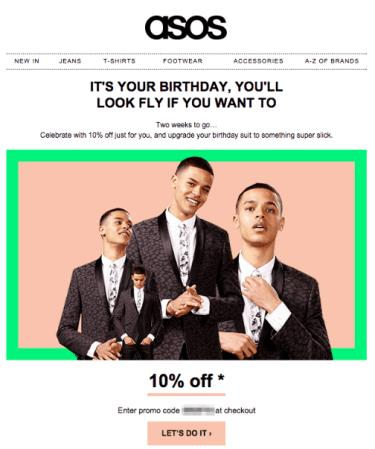
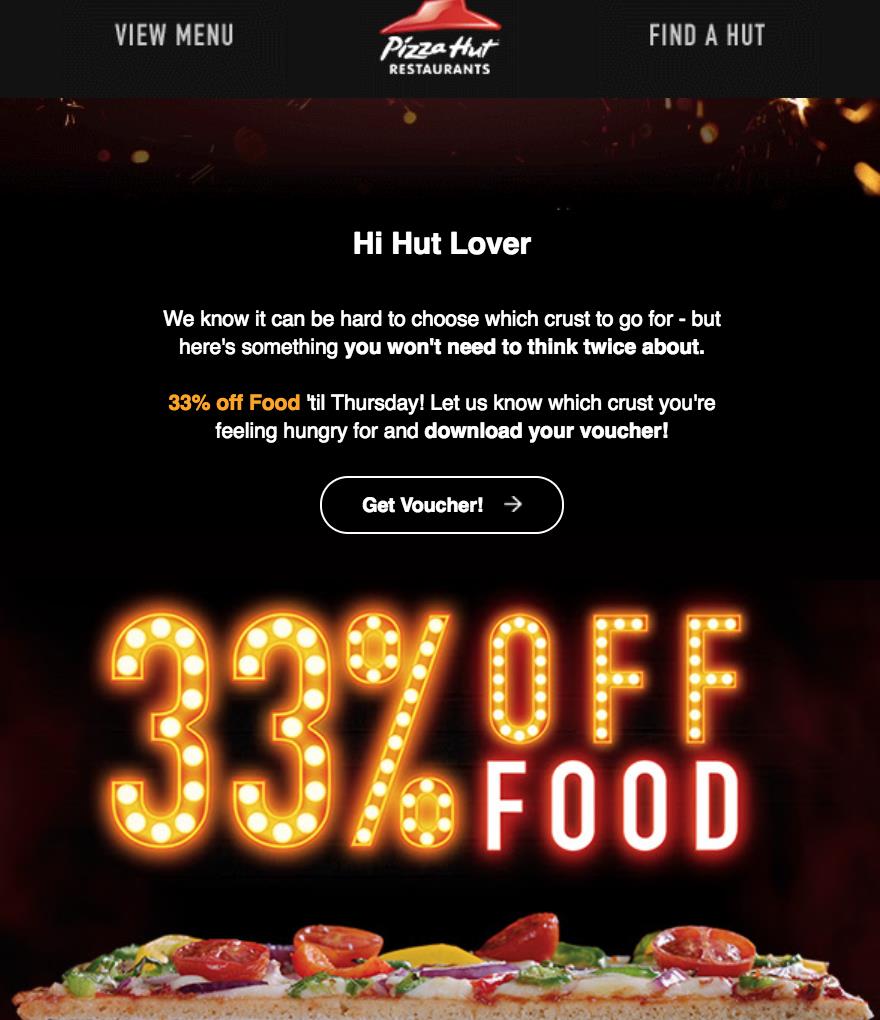
Content Marketing
Content marketing is a strategic and creative marketing approach which focuses on the creation and distribution of valuable and relevant content to attract and engage new audiences and drive brand awareness.
Content can vary in format, from blog posts and videos to infographics and social media posts. Content can also be shared in a number of ways, on-site, across social media and in emails, making it a versatile and worthwhile marketing tactic to invest time in.
Outreach
Outreach marketing is the process of seeking out individuals or organisations that have a shared interest in what your company has to offer. This could be building a relationship with influencers, bloggers or other brands to collaborate on work, with the goal of increasing brand awareness.
Glossary of Digital Marketing Terms For Beginners
The world of digital marketing, like most sectors, is full of industry-specific jargon and technical language. Before you get started with any digital marketing training or guides, there are a few terms you should learn and familiarise yourself with.
Backlink
A link from one website to another. Backlinks are viewed by Google as ‘votes of trust’ and so gaining backlinks to your site from others helps to improve the authority of your site.
Content Marketing
The creation and sharing of content online, intended to stimulate interest in a brand’s products or services. Content can be in a variety of formats such as blogs, videos or social media posts.
Conversions
When a user takes the desired action or completes a specified goal on your site. A conversion can be many different things from buying a product to signing up to an email list.
- Conversion Rate
The percentage of website visitors that carry out conversions (complete a specified goal). For example, if you had 10 site visitors and 3 completed your goal, the conversion rate would be 30%.
- Conversion Value
How much a conversion is worth or the monetary value of products bought.
Cost per Acquisition (CPA)
Also known as Cost per Conversion, CPA is a paid advertising metric. It measures how much has been spent to acquire a new lead/customer or conversion. It is calculated using the following formula:
CPA = Amount Spent (Cost) / Number of Conversions
Cost per Click (CPC)
The average amount a click to your site (from a paid ad) has cost. It is calculated using the following formula:
Cost per Click = Amount Spent / Clicks
Click-Through Rate (CTR)
The percentage of users who clicked through to the site, after being served an ad. It is calculated using the following formula:
Click-Through Rate = Clicks / Impressions x 100
Directory
Websites that list businesses either in a certain location or with similar themes. Directories can be helpful for SEO purposes of building backlinks to your site.
Domain Authority (DA)
A search engine ranking score, ranging from 1-100, that predicts how well a website will rank on search engine result pages. Domain Authority is calculated by evaluating factors such as linking root domains and the number of total links – it is a good indicator of how authoritative your site is deemed by a search engine.
Email Marketing
A digital marketing strategy in which emails are sent to customers or prospecting customers to deliver marketing messages.
Email marketing to help retain existing customers and promote current offers
Featured Snippets
A special kind of organic search result displayed at the top of the results page when Google finds content that specifically answers a user’s question. The featured snippet block displays a summary of the answer, extracted from a webpage, as well as a link in an emphasised layout.
Example of a list snippet in Google search results
Google Ads/AdWords
An online advertising platform developed by Google, where advertisers can pay to display ads to users searching for their products or services. It’s the tool used to create, manage and optimise PPC campaigns.
Google Analytics
A tool used to collect and analyse data about traffic coming to a website including the number of visitors, pages visited, transactions carried out etc.
Keywords (fat-head & long-tail)
Important words or search terms that you want to optimise and rank your website to appear for in search results.
- Fat-head keywords are generally one or two words in length, they are broad keywords which tend to bring the most traffic to your website. However, as there will be a lot of people targeting these keywords, competition can be fierce.
- Long-tail keywords contain 3 or more words and although the traffic volumes are generally much lower they tend to convert better as they are usually more specific search queries.
Keyword Ranking
The position your website appears in search results for a given keyword.
Keyword Research
Keyword research is carried out to discover a range of keywords that have good search volumes and will bring traffic to your site. You can then target these keywords by optimising your site copy to include them in relevant places.
Link Building
Link building is the practice of gaining backlinks to your site from other websites. They’re also known as ‘external links’ or ‘inbound links’.
Metadata
Metadata is what appears on search engine results pages when a website comes up for certain queries and is made up of meta titles and meta descriptions.
- Meta Titles
The page titles that are shown in search engine results, they tell a search engine what the web page is about, and affects how the page is ranked.
- Meta Descriptions
Short snippets of text displayed on search results pages, underneath the result link. They provide users with a short description of what the page is about before they click.
Off-page SEO
SEO techniques that take place outside of your website and are used to improve the position of a website in the search engine results page. Implementing off-page SEO techniques makes your site accessible from more places, resulting in additional traffic which tells search engines your site is useful to visitors and therefore improves rankings.
On-page SEO
The term used to describe and group together SEO activities that are carried out on the site, to help improve web page rankings in search engines. This includes tasks such as optimising on-page copy to ensure it targets keywords, writing metadata, improving the speed of your website and creating a robust internal linking profile.
Organic traffic
The source of website traffic that comes through clicking on a non-paid search engine result. Organic traffic is the main measurement of an SEO campaign.
Outreach
A marketing strategy used to build brand awareness and gain links back to your site. It involves reaching out to contact the right people (people who share an interest with your business) at the right time to give your business brand awareness. This could be by writing a blog post or article and getting it featured on a relevant blog.
Pay-Per-Click (PPC)
PPC (pay-per-click) is a search engine marketing strategy, where paid ads are displayed in the search results, above organic listings. It is an online advertising model where advertisers pay each time their ad is clicked
PPC ads displayed above organic results
Remarketing
A type of paid ad allowing advertisers to target customers who have already visited their site, in an attempt to get the user to return and complete the desired action.Return on Ad Spend (ROAS)
A paid search metric that demonstrates the profit made compared to the amount of money spent on the ads.
Search Engine Optimisation (SEO)
Search Engine Optimisation, or SEO, is the name given to the marketing tactic that works to improve search engine rankings by increasing the quantity and quality of traffic to your site through organic search results.
Search Engine Marketing (SEM)
Marketing via search engines. Marketing or promoting your products or services via search engines is done in two main ways; either organically (SEO) or through Paid Search ads.
SERP
The SERP or Search Engine Results Page is the list of results returned by the search engine to a user when they submit a search query.
Sessions
The interactions one user takes within a given time frame on your website (Google Analytics defaults that time frame to 30 minutes). Whatever a user does on your website (e.g. browses pages, downloads resources, purchases products) before they leave equals one session.
Session Duration
The average length of a visit on your website.
Site Speed
How fast a website loads – the faster it loads the better!
Social Media Marketing
A digital marketing strategy that utilises Social Media Platforms to promote brand awareness and market their products or services. Popular social media platforms include Facebook, Instagram and Twitter.
Paid Social Media Marketing Organic Social Media Marketing
Traffic
How many people visit your website.
Unique Visitors
The number of different people who view a website over a period of time. Unique visitors are tracked by their IP addresses so if the same visitor reaches the website multiple times, they will only be counted once in the unique visitors metric.
User Generated Content
Content created by users on your website. This could be by submitting a comment or review, creating a forum topic or uploading images or videos. YouTube is a great example of a UGC site.
A great example of user-generated content from The Body Shop, using customers social posts.
This article was written by Charlotte Bowers at Kanuka Digital. Kanuka Digital specialise in helping businesses grow their online presence through Search Engine Optimisation, Paid Search, Email and Content Marketing.

